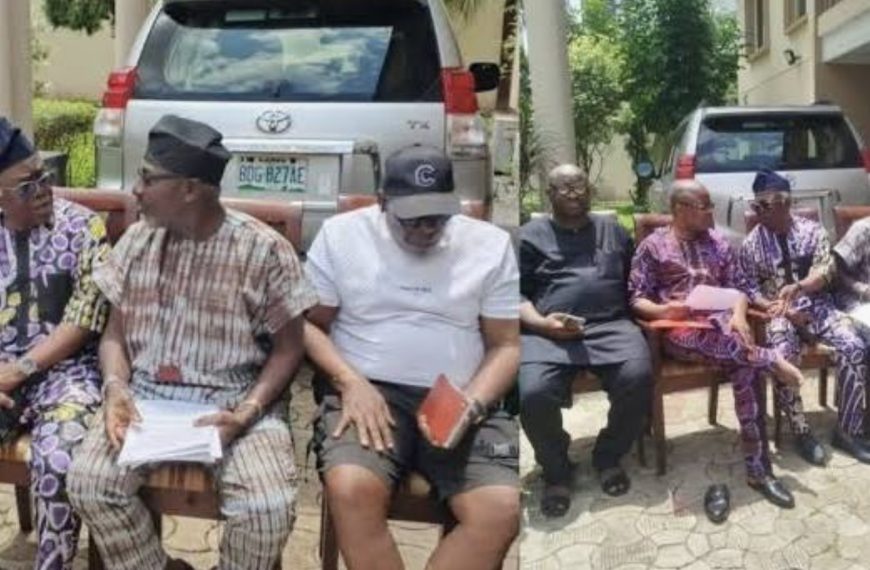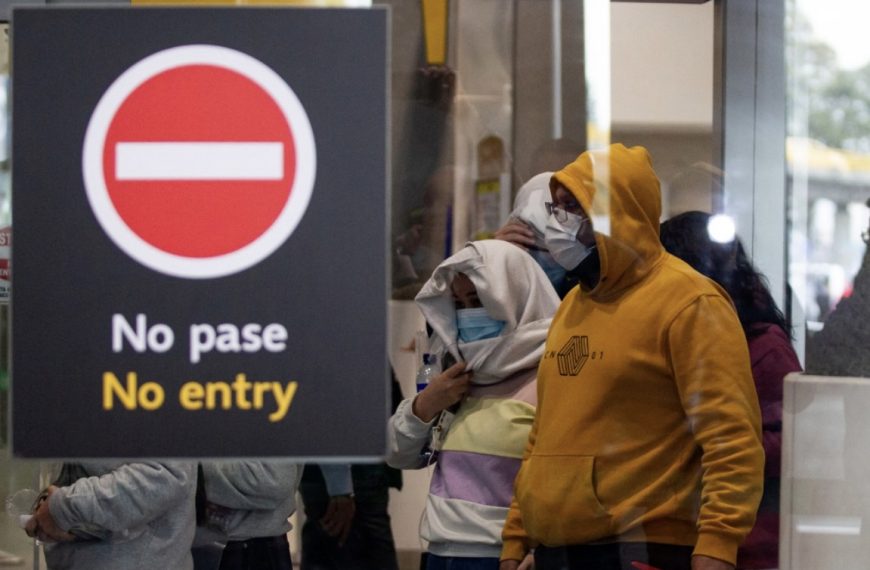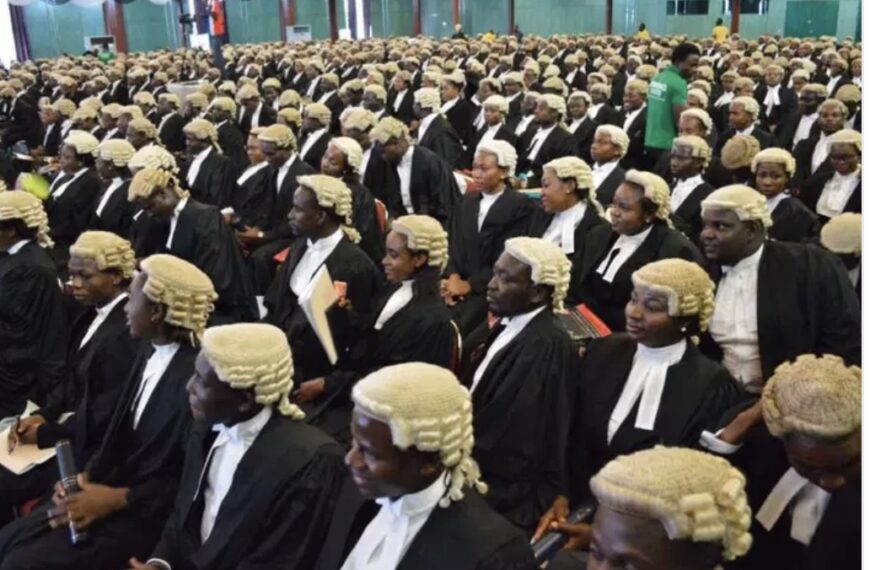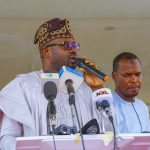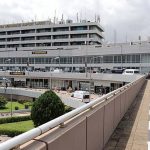The Executive Vice President of Nigerian National Petroleum Company Limited (Downstream), Adedapo Segun, has emphasised the need for a perfectly competitive market to ensure stable fuel prices and supply in Nigeria.
He expressed concern that the current pump price does not accurately reflect prevailing market conditions.
Segun made this statement during an appearance on Arise Television’s Morning Show on Thursday.
“The pump price today is not market reflective. NNPCL is the sole importer of PMS in the country, which is abnormal. We should be moving towards a situation where the free market determines prices,” he said, stressing that market forces, rather than any single entity, should dictate fuel prices.
Segun clarified that NNPCL’s role as the sole importer of Premium Motor Spirit (petrol) was not a deliberate choice by the company but a response to market conditions.
“Let me put it in the proper context. NNPCL is not a regulator. We didn’t choose to be the sole importer. We don’t determine who plays in the market. We stepped in when others reduced their participation. It’s not about wanting to be monopolists,” he explained.
He also stated that achieving a stable fuel supply and price would require ideal market conditions, including a more liquid foreign exchange market.
“Market conditions need to be perfect, and there must be FX liquidity,” he added, suggesting that broader economic reforms may be necessary to address the fuel pricing issue.
NNPCL has been working closely with private refineries, such as Dangote, to ensure a steady supply of crude oil for refining.
“We have supplied about 30 million barrels to Dangote so far: 6.3 million this month, and we will supply 11.3 million in October,” Segun revealed.
Punch
China’s Xi promises $50bn for Africa over next three years
Chinese leader Xi Jinping on Thursday pledged over $50 billion in financing for Africa over the next three years, promising to deepen cooperation in infrastructure and trade with the continent as he addressed Beijing’s biggest summit since the pandemic.
More than 50 African leaders and UN Secretary General Antonio Guterres are attending this week’s China-Africa forum, according to state media.
African leaders already secured a plethora of deals this week for greater cooperation in infrastructure, agriculture, mining, trade and energy.
Addressing the leaders at the forum’s opening ceremony in Beijing’s ornate Great Hall of the People on Thursday morning, Xi hailed ties with the continent as in their “best period in history”.
“China is ready to deepen cooperation with African countries in industry, agriculture, infrastructure, trade and investment,” he said.
“Over the next three years, the Chinese government is willing to provide financial support amounting to 360 billion yuan ($50.7 billion),” Xi said.
Over half of that will be in credit, he said, with $11 billion “in various types of assistance” as well as $10 billion through encouraging Chinese firms to invest.
He also promised to help “create at least one million jobs for Africa”.
Also addressing the meeting, UN chief Guterres told African leaders that growing ties between China and the continent could “drive the renewable energy revolution”.
“China’s remarkable record of development — including on eradicating poverty -– provides a wealth of experience and expertise,” he said.
– Deals and pledges –
China, the world’s number two economy, is Africa’s largest trading partner and has sought to tap the continent’s vast troves of natural resources including copper, gold, lithium and rare earth minerals.
It has also furnished African countries with billions in loans that have helped build much-needed infrastructure but sometimes stoked controversy by saddling governments with huge debts.
Analysts say that Beijing’s largesse towards Africa is being recalibrated in the face of economic trouble at home and that geopolitical concerns over a growing tussle with the United States may increasingly be driving policy.
But bilateral meetings held on the sidelines of the summit delivered a slew of pledges on greater cooperation in projects from railway to solar panels to avocados.
Following meetings on Wednesday, Zambian President Hakainde Hichilema said he had overseen a deal between the country’s state-owned power company ZESCO and Beijing’s PowerChina to expand the use of rooftop solar panels in his country.
Nigeria — one of Beijing’s biggest debtors on the continent — and China inked a joint statement agreeing to “deepen cooperation” in infrastructure, including “transportation, ports and free trade zones”.
Channels


